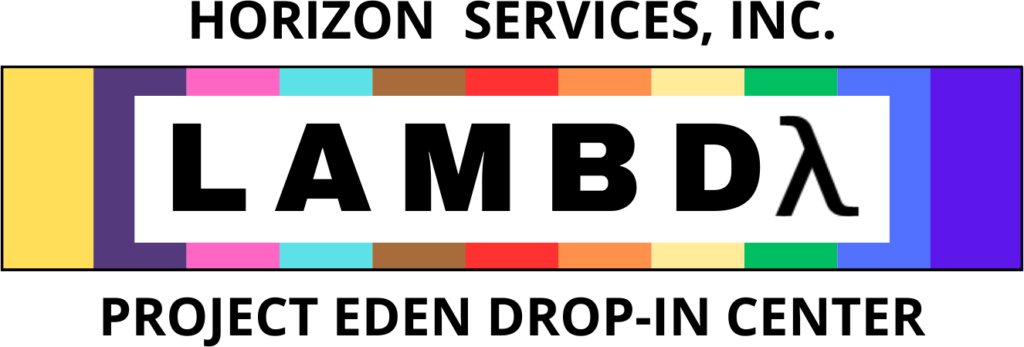What Is a Residential Treatment Facility?
Residential treatment is a healthcare program for those struggling with substance use, addiction, and mental health disorders. It is particularly helpful for those who have been dealing with addiction for a long time and need added assistance for their recovery.
Residential treatment can assist individuals in overcoming addiction and maintaining sobriety for the long run.1
Residential treatment facilities are community-based facilities licensed to provide comprehensive, around-the-clock inpatient care. These facilities offer an inpatient treatment setting. This benefits individuals who require a supportive and structured environment to effectively manage their symptoms.2

When Is It Recommended for Treatment?
Inpatient treatment is recommended for individuals who are:
- Struggling with addiction
- Experiencing negative consequences related to their drug use
- Unsuccessful in going through withdrawal or detox on their own
Treatment aims to provide support and resources to help individuals develop healthy coping mechanisms and maintain long-term sobriety. The type and intensity of the treatment program recommended will depend on the individual’s specific needs and circumstances.3
How Long Do Patients Stay In Treatment?
The duration of stay at a residential treatment facility can vary depending on the individual’s specific needs and circumstances. Residential treatment programs typically offer a range of duration options, including:
Short-Term
Short-term residential programs typically range from two to four weeks long. They are designed to provide individuals with intensive, focused care to stabilize their symptoms or address a specific issue.
Medium-Length Stays
Medium-length stays in residential programs typically range from one to three months. They are designed to provide individuals with a more comprehensive and overarching treatment approach to manage their conditions and achieve long-term recovery.
Long-Term
Long-term residential treatment programs typically last three months or longer. They are designed to provide individuals with an intensive, long-term approach to addressing complex mental health or substance use issues.
This is especially beneficial for those who are just starting detox or treatment for the first time and need added assistance in the recovery process.
How Does Residential Treatment Help?
Residential care can provide various services and therapies designed to help individuals heal and achieve long-term recovery.
Here are some of the ways residential treatment facilities help people to heal and offer support:
Comprehensive Care
Residential treatment facilities provide comprehensive care, which often includes medical and psychiatric care, counseling, education, and skill-building programs.
Supportive Environment
Residential facilities also offer a supportive environment that encourages individuals to engage in the treatment, connect with others, and build healthy relationships. This can help individuals feel more comfortable and open to discussing their issues while developing healthy coping mechanisms.
Education
Adverse Childhood Experiences, or ACEs, may contribute to someone developing a substance use disorder later on in life. If a child was subject to abuse, neglect, or if a caregiver was also reliant on a substance, this may cause them to struggle with mental health and substance use disorders as well.
Educating adults and giving them the care they need to get to the root of symptoms is an important step in treating them holistically and comprehensively.4
What Treatments Are Typically Offered in Residential Programs?
Residential care facilities typically offer a range of treatments designed to address the specific needs of individuals. The common treatments offered at residential treatment facilities include:
Medication Management
Medication management is an important part of treatment for individuals with mental health disorders. Residential treatment facilities may offer psychiatric evaluations and medication management to help individuals manage their symptoms.
Counseling
Residential facilities typically offer a range of counseling options, including individual, group, and family counseling. These therapies may include cognitive-behavioral therapy, dialectical behavior therapy, or other evidence-based counseling practices.
Behavioral Counseling
For individuals with substance use issues, behavioral counseling may help them overcome their addiction. These therapies may include motivational interviewing, contingency management, and relapse prevention.
Skill-Building Programs
Residential facilities often offer skill-building programs to help individuals develop healthy coping mechanisms and improve their overall functioning. These programs may include mindfulness, yoga, art therapy, and other holistic approaches.
What Can Residential Treatment Teach Patients?
Residential treatment facilities provide various treatment services to help individuals. Some of the skills that individuals may learn during their time in a residential program will be detailed below.
Coping Skills
Coping skills help individuals manage stress and negative emotions healthily. Coping skills may include mindfulness, relaxation exercises, and journaling.
Communication Skills
These are essential for building healthy relationships and expressing oneself effectively. Communication skills include active listening, assertiveness, and conflict resolution.
Problem-Solving Skills
Problem-solving skills help individuals identify and address challenges that may arise during recovery. These skills include brainstorming, decision-making, and goal setting.
Relapse Prevention Skills
These skills help individuals identify and manage risk factors that may lead to substance use or other problematic behaviors. Relapse prevention skills include developing a relapse prevention plan, identifying warning signs of relapse, and developing healthy coping mechanisms.
Life Skills
Life skills are practical skills that help individuals manage daily tasks and responsibilities. Life skills include budgeting, time management, and healthy meal planning.5

Horizon Treatment Services Is Here to Help You Heal
Our holistic and caring treatment center is here to help all of our patients get the assistance they need to lead a happy and healthy life. We will work with you to create a personalized treatment plan to address your substance use or mental health disorder symptoms.
Residential Treatment Options
We offer multiple residential treatment plans for individuals. These include:
- Cherry Hill Detox: Cherry Hill Detox offers comprehensive and compassionate support for those withdrawing from alcohol or substance use. We have a dedicated Sobering Unit and Detox Unit, which provides short-term residential care for typical stays of around seven days.
- Palm Avenue: Palm Avenue provides SUD counselors, case managers, and licensed vocational nurses to help individuals in residential recovery. Palm Avenue also offers detox to help individuals with a short-term residential care option for typical stays of around seven days.
- Cronin House: Our 34-bed residential program in Hayward, California provides a safe recovery space for male-identifying individuals struggling with substance use or co-occurring disorders.
Get in Touch Today
Reach out to Horizon Treatment Services for holistic and comprehensive care today. We’re here to help you lead the happy, healthy, and fulfilling life you deserve.








